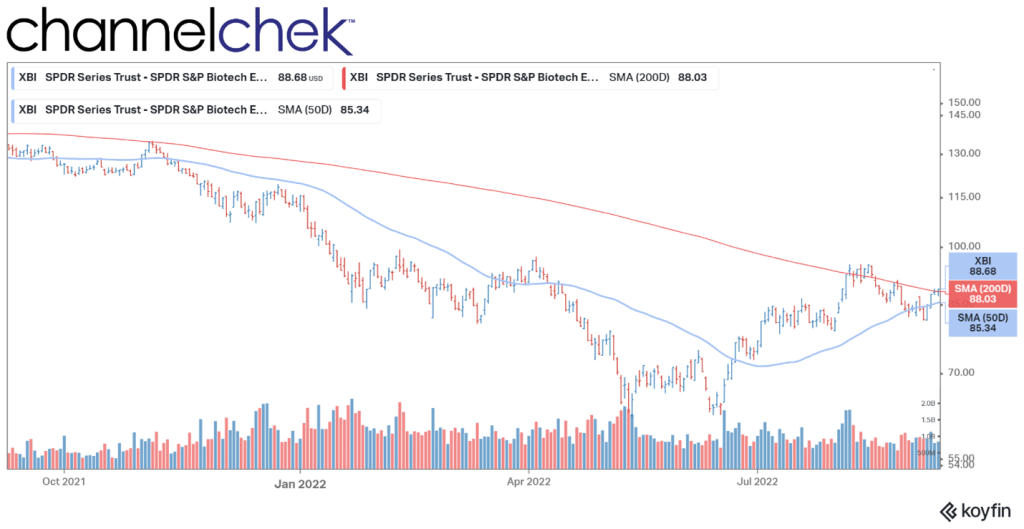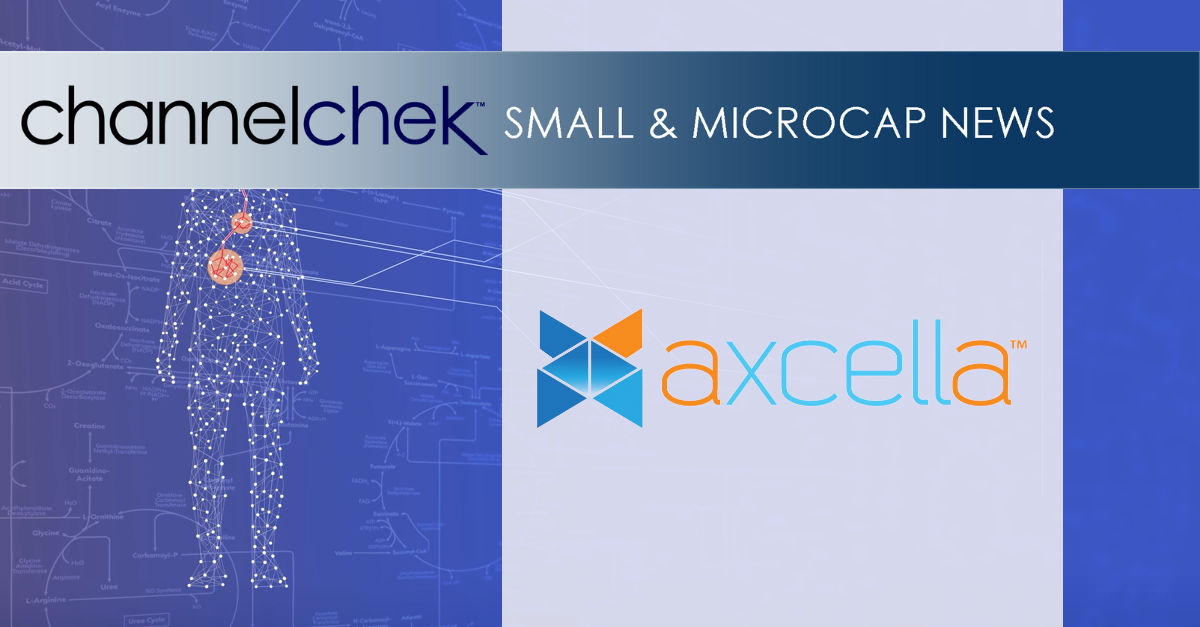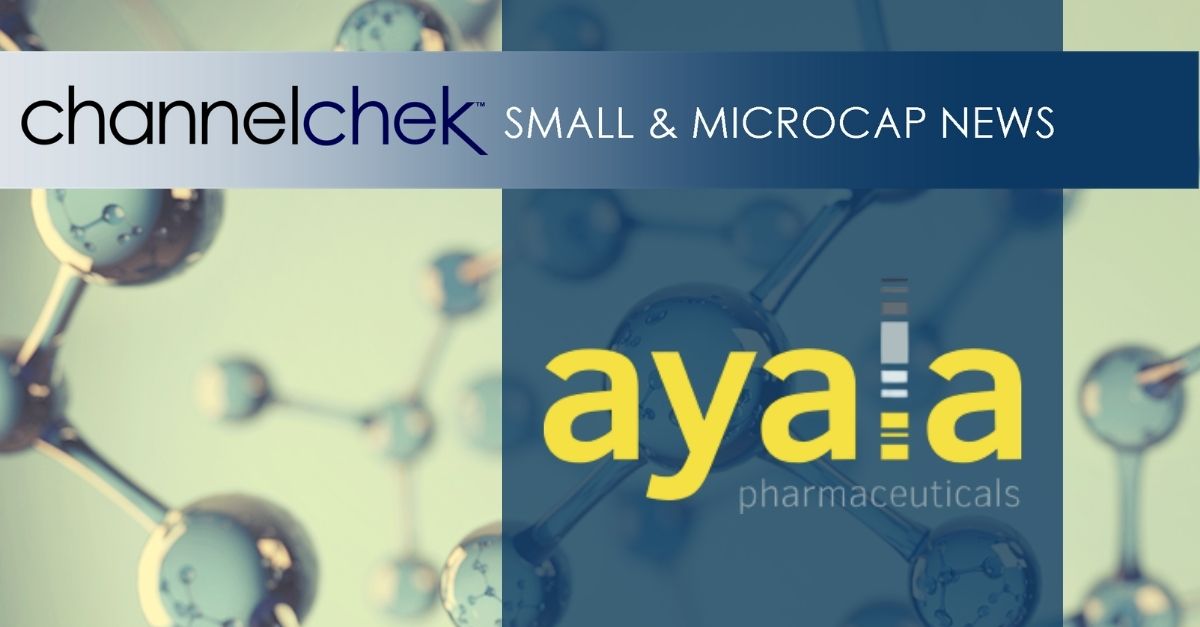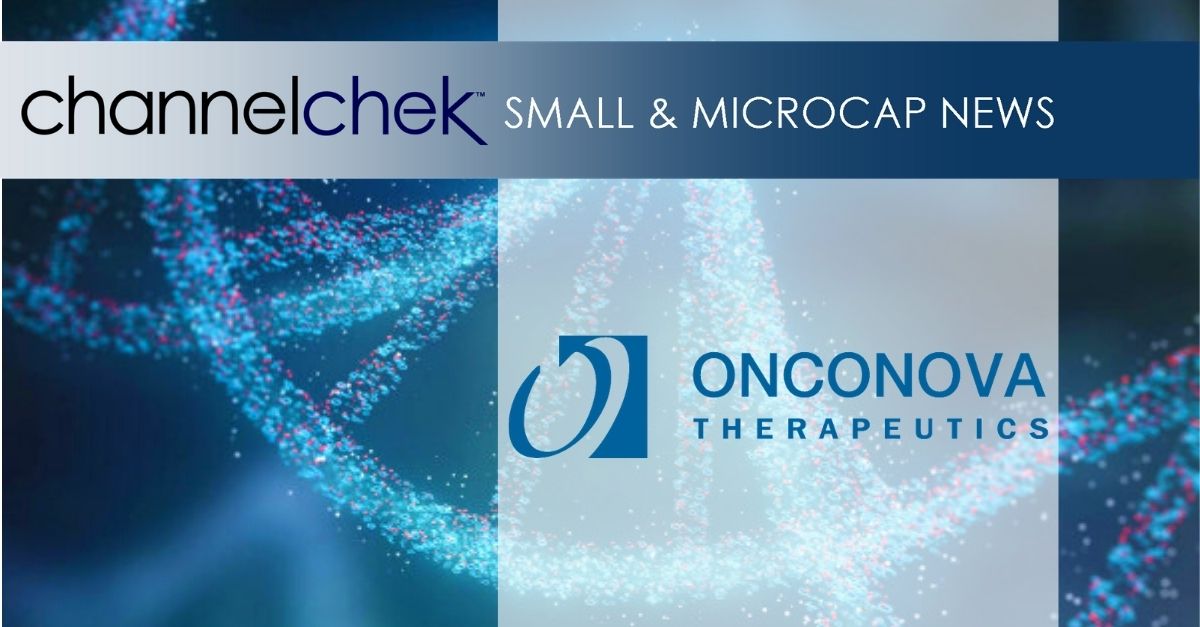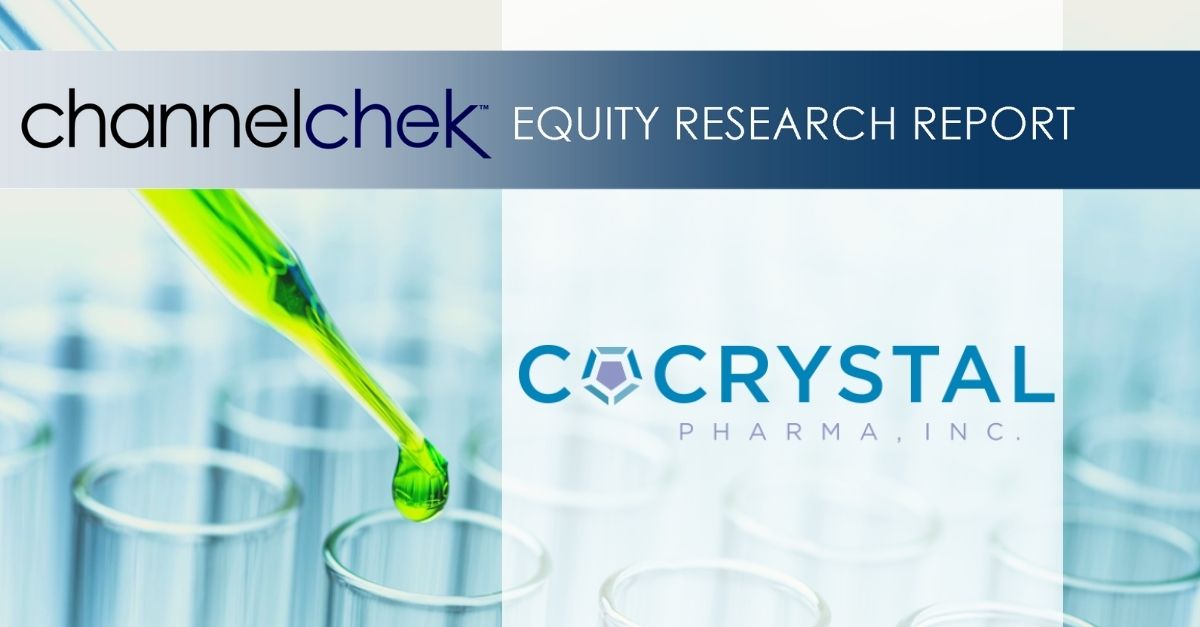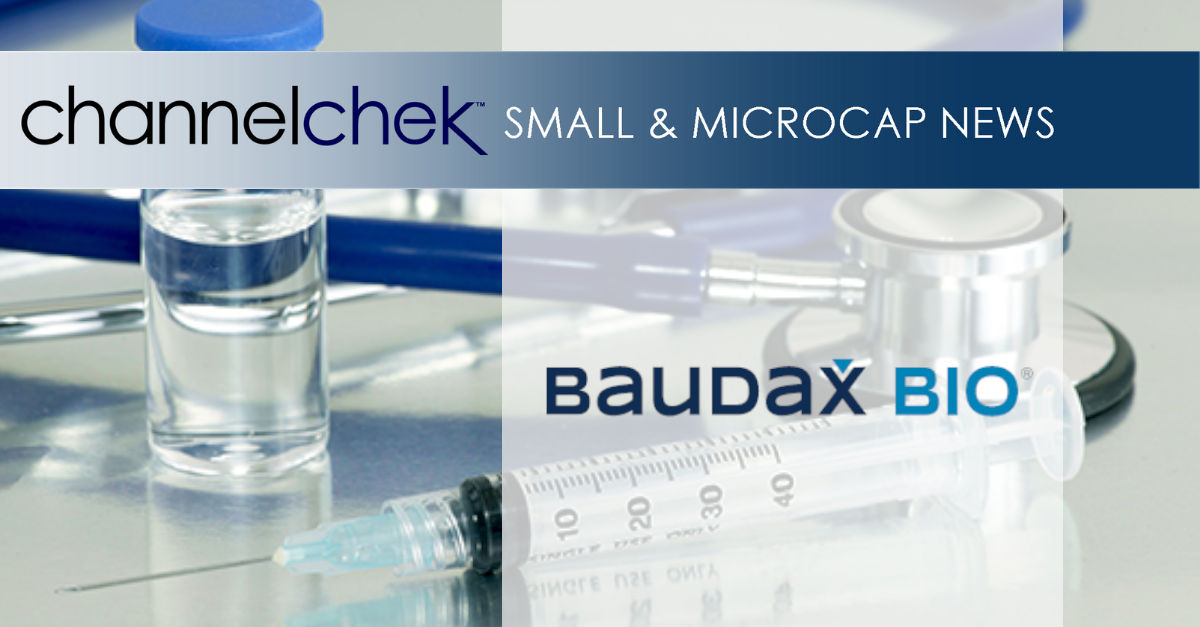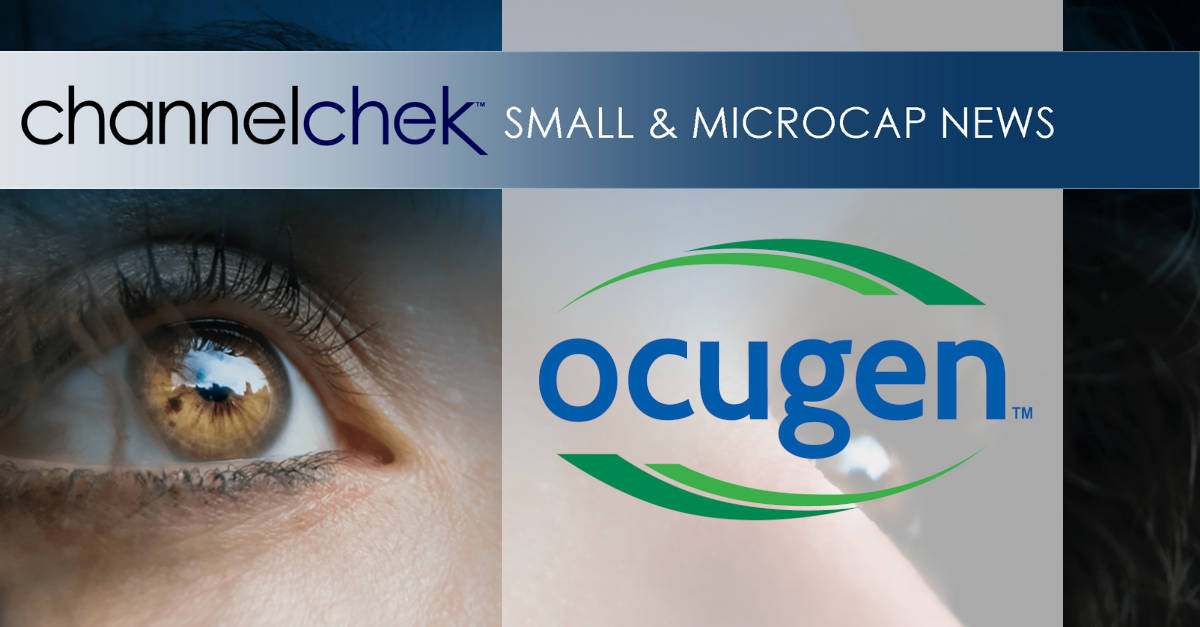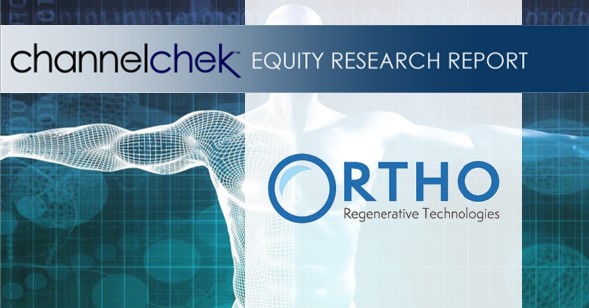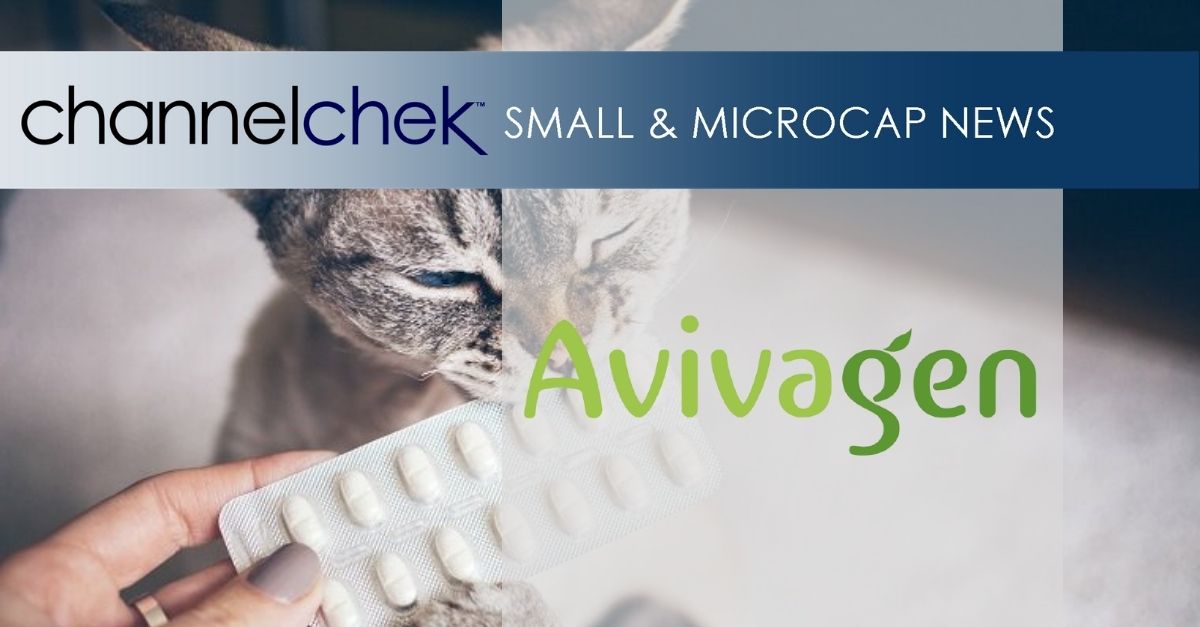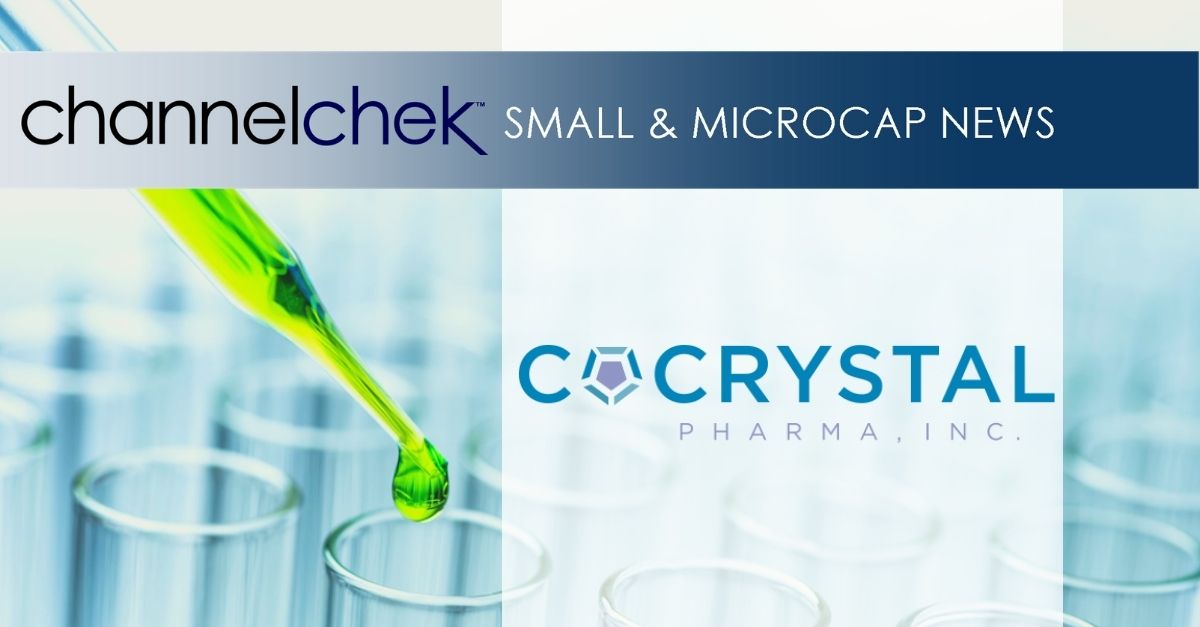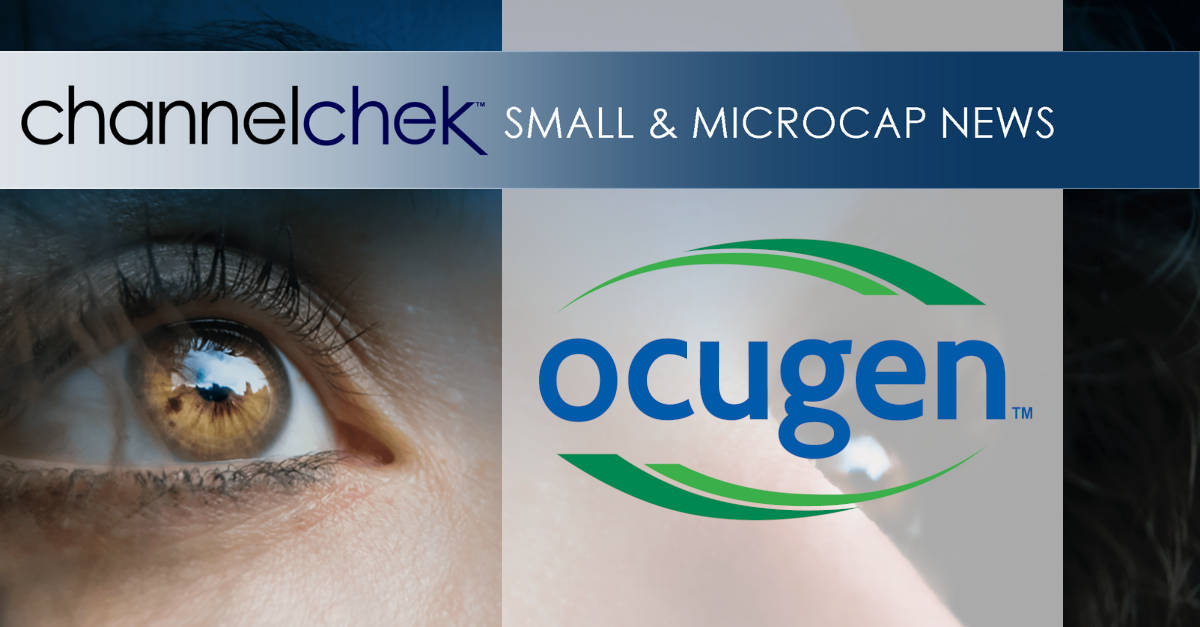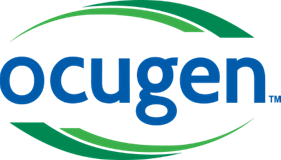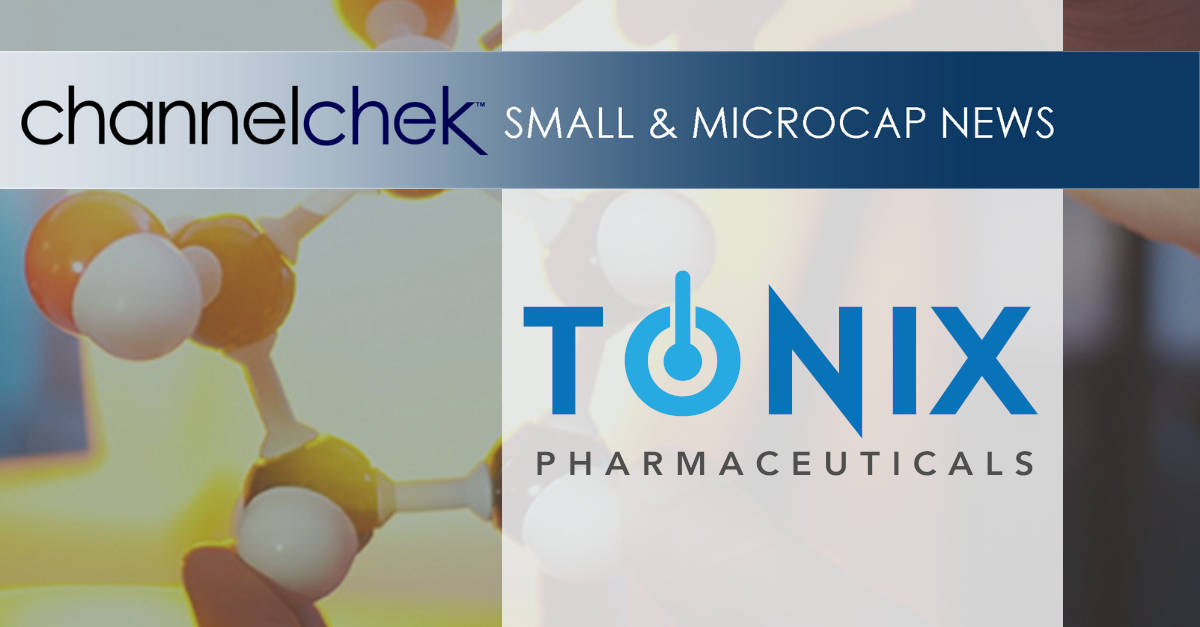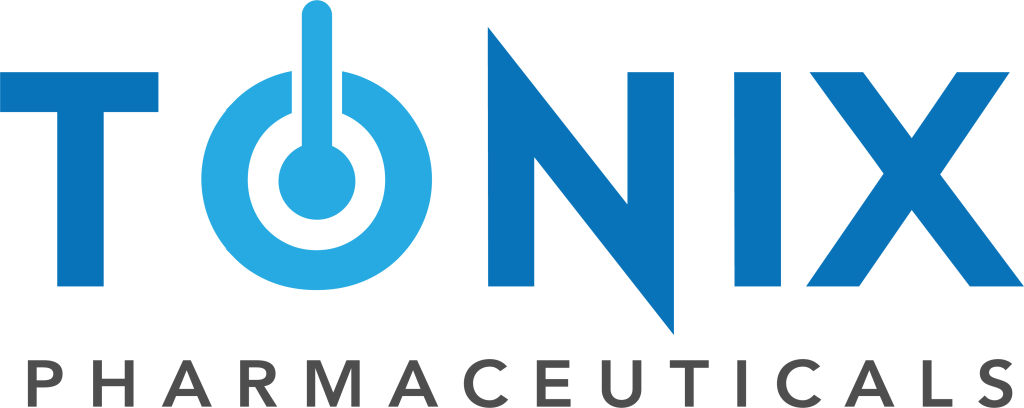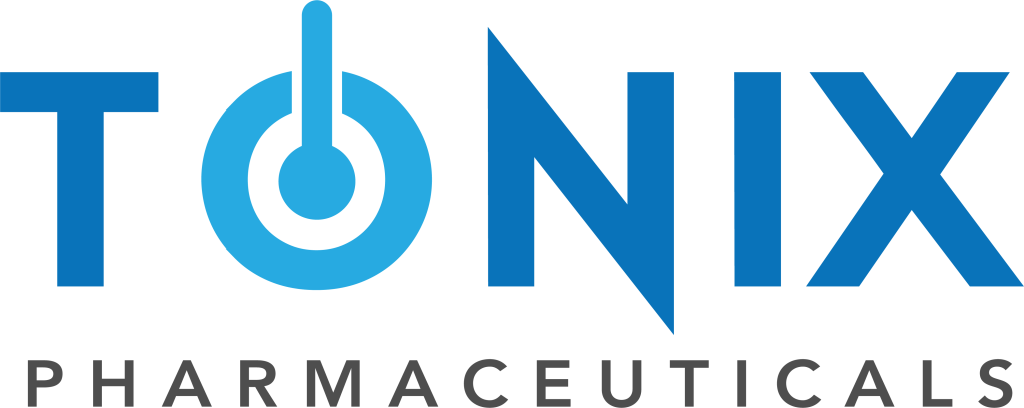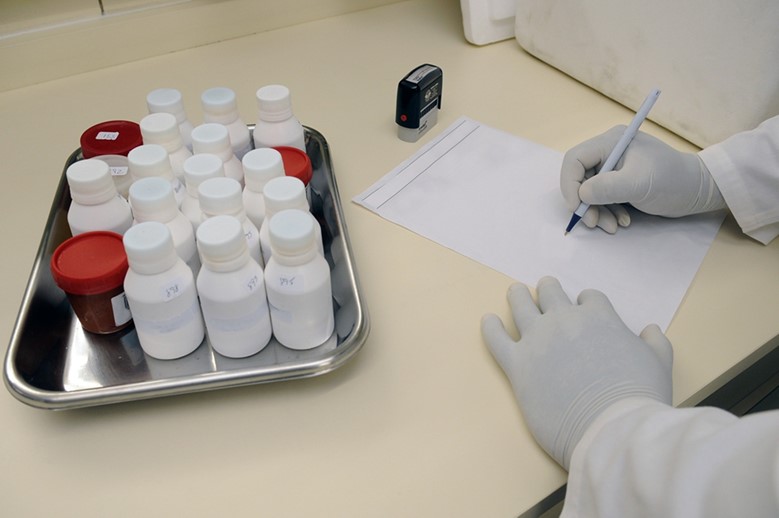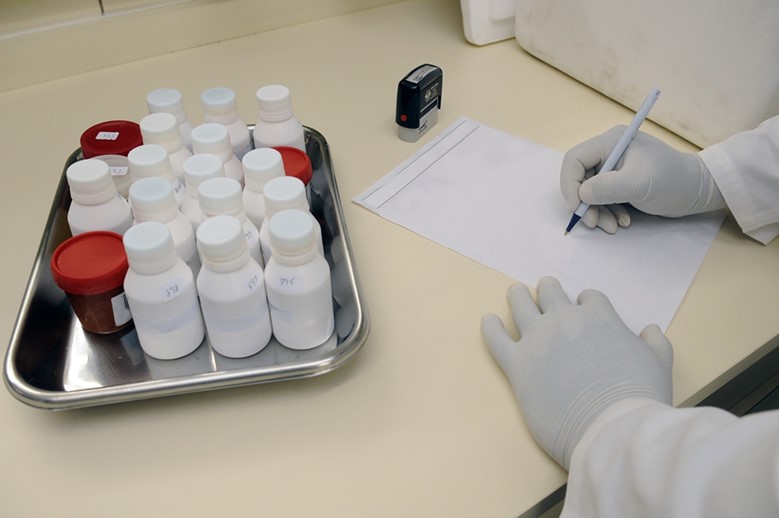Research, News, and Market Data on AYLA
September 12, 2022
– Updated interim results from Part A of RINGSIDE show first confirmed partial response (PR) achieved at week 16 and 3 additional unconfirmed PRs over the follow-up period –
– Consistent early tumor shrinkage with measures deepening over time –
– AL102 was well tolerated at all doses evaluated –
– Part B and Open-Label Extension being initiated with the selected dose of 1.2mg once daily –
– Company to host Key Opinion Leader event on September 28 to discuss results –
REHOVOT, Israel and WILMINGTON, Del., Sept. 12, 2022 (GLOBE NEWSWIRE) — Ayala Pharmaceuticals, Inc. (Nasdaq: AYLA), a clinical-stage oncology company focused on developing and commercializing small molecule therapeutics for patients suffering from rare tumors and aggressive cancers today announces updated, positive interim results from Part A of the ongoing RINGSIDE Pivotal Phase 2/3 clinical trial evaluating investigational new drug AL102 in desmoid tumors. AL102 is a potent, selective, oral gamma-secretase inhibitor.
The data are being featured in an oral presentation today at the European Society for Medical Oncology (ESMO) Congress 2022. The presentation entitled, “Initial Results of Phase 2/3 Trial of AL102 for Treatment of Desmoid Tumors” is being delivered by Prof. Robin Jones, M.D., Head of the Sarcoma Unit at The Royal Marsden, London, UK.
“The results presented at ESMO from the RINGSIDE study are very encouraging. AL102 demonstrated an early and meaningful effect on tumors within a 16-week period and was well tolerated, which could allow for long term treatment of patients. AL102 has the potential to significantly improve the lives of patients suffering from desmoid tumors who currently have no approved therapy,” said Prof. Robin Jones.
Jeanne Whiting, Executive Director & Co-Founder of the Desmoid Tumor Research Foundation stated, “Desmoid tumors are rare, connective tissue tumors that can have aggressive infiltrative growth and high risk of local recurrence. Patients and physicians struggle with the fact that there are no FDA-approved therapies. We are very encouraged by the results presented by Ayala and the opportunity that AL102 holds in improving outcomes for patients with this rare condition.”
“We are excited to share strong interim results from the AL102 RINGSIDE study at this year’s ESMO Congress which continue to demonstrate early and meaningful anti-tumor activity as monotherapy in patients with desmoid tumors,” said Roni Mamluk, Ph.D., Chief Executive Officer of Ayala. “Efficacy was demonstrated across all cohorts of Part A of the study, with early responses that deepened over time. The results also showed that AL102 was well-tolerated across all doses. We are advancing to Part B of RINGSIDE with a selected dose of 1.2mg once daily, as well as enrolling patients in the open label extension study. The results presented today give us increased confidence in the potential for AL102 to improve the lives of patients with desmoid tumors.”
Results as of the Cut-Off Date of July 14, 2022
Part A Interim Efficacy Results:
- Patient enrollment in Part A of RINGSIDE was completed in February 2022. Patients were dosed in AL102 monotherapy cohorts of 1.2mg (once daily), 2mg (2 days on, 5 days off), or 4mg (2 days on, 5 days off).
- The activity of AL102 is being evaluated by change in tumor volume (central MRI readings) and response (per RECIST 1.1) determined by blinded independent central review. At data cut, 28 patients were evaluable for tumor volume and 29 were evaluable for RECIST with a scan at base line and at least one additional scan at week 16.
- 12 subjects had follow up MRI scans at week 28 and one patient had a scan at week 40.
- One patient had a partial response (PR) per RECIST at week 16, confirmed at week 28.
- Three additional unconfirmed PRs were observed, two at week 28 and one at week 40.
- Continuous tumor volume reduction was observed over time in all patients that underwent 2 or more MRI scans.
Part A Interim Efficacy Results of Selected Dose of 1.2mg daily:
- At week 16 there were 9 evaluable patients for RECIST in the selected dose of 1.2mg once daily with one PR observed, confirmed at week 28. The remaining 8 patients had stable disease, of which 7 patients had a tumor reduction.
- At week 28 there were three patients evaluable for RECIST in the selected dose of 1.2mg daily with one confirmed and one unconfirmed PR and one stable disease with all patients showing tumor reduction and deepening of tumor shrinkage since previous scan.
- At the selected dose of 1.2mg once daily, at week 16 there were 9 evaluable patients for volume change with 7 patients experiencing tumor volume reduction. At week 28 there were three evaluable patients for volume change in the selected dose of 1.2mg once daily with all three patients experiencing continuous tumor shrinkage.
Part A Safety:
- AL102 was generally well tolerated at all doses
- Most adverse events were grade 1 or 2 and included mainly diarrhea
- No grade 4 or 5 events were observed and low rates of grade 3 events.
- At the selected dose (1.2 mg once daily) 3 out of the 14 patients (21.4%) had grade 3 events.
- Ovarian dysfunction was observed in about 22% of women with childbearing potential (N=23)
About the RINGSIDE study
The RINGSIDE pivotal Phase 2/3 study is a randomized global multi-center trial. Part A of the study is evaluating the efficacy, safety, tolerability, and tumor volume by MRI after 16 weeks of AL102 in patients with desmoid tumors. It enrolled 42 patients and is evaluating 3 doses of AL102. Patients who participated in Part A are eligible to enroll into an open-label extension study at the Part B selected dose of 1.2 mg daily, and long-term efficacy and safety will be monitored.
Part B of the study is a double-blind, placebo-controlled segment enrolling up to 156 patients with progressive disease, comparing AL102 at 1.2 mg once daily to placebo. The primary endpoint for Part B will be progression-free survival (PFS) with secondary endpoints including objective response rate (ORR), duration of response (DOR), tumor volume reduction, and patient-reported Quality of Life (QOL) measures. For more information on the RINGSIDE Phase 2/3 study with AL102 for the treatment of desmoid tumors, please visit ClinicalTrials.gov and reference Identifier NCT04871282 (RINGSIDE).
About Desmoid Tumors
Desmoid tumors also called aggressive fibromatosis or desmoid-type fibromatosis, are rare connective tissue tumors that typically arise in the upper and lower extremities, abdominal wall, head and neck area, mesenteric root, and chest wall with the potential to arise in additional parts of the body. Desmoid tumors do not metastasize, but often aggressively infiltrate neurovascular structures and vital organs. People living with desmoid tumors are often limited in their daily life due to chronic pain, functional deficits, general decrease in their quality of life and organ dysfunction. Desmoid tumors have an annual incidence of approximately 1,700 patients in the United States and typically occur in patients between the ages of 15 and 60 years. They are most commonly diagnosed in young adults between 30-40 years of age and are more prevalent in females. Today, surgery is no longer regarded as the cornerstone treatment of desmoid tumors due to a high rate of recurrence post-surgery and there are currently no FDA-approved systemic therapies for the treatment of unresectable, recurrent or progressive desmoid tumors.
About Ayala Pharmaceuticals
Ayala Pharmaceuticals, Inc. is a clinical-stage oncology company focused on developing and commercializing small molecule therapeutics for patients suffering from rare tumors and aggressive cancers. Ayala’s approach is focused on predicating, identifying and addressing tumorigenic drivers of cancer through a combination of its bioinformatics platform and next-generation sequencing to deliver targeted therapies to underserved patient populations. The company has two product candidates under development, AL101 and AL102, targeting the aberrant activation of the Notch pathway with gamma secretase inhibitors to treat a variety of tumors including Adenoid Cystic Carcinoma (ACC), T-cell Acute Lymphoblastic Leukemia (T-ALL), Desmoid Tumors and Multiple Myeloma (MM). AL101, has received Fast Track Designation and Orphan Drug Designation from the U.S. FDA and is currently in a Phase 2 clinical trial for patients with ACC (ACCURACY) bearing Notch activating mutations. AL102 is currently in a Pivotal Phase 2/3 clinical trials for patients with desmoid tumors (RINGSIDE). For more information, visit www.ayalapharma.com.
Contacts:
Investors:
Joyce Allaire
LifeSci Advisors LLC
+1-617-435-6602
jallaire@lifesciadvisors.com
Ayala Pharmaceuticals:
+1-857-444-0553
info@ayalapharma.com
Media:
Tricia Persad-Bevil
JPA
+44-7792-524442
Forward-Looking Statements
This press release contains forward-looking statements within the meaning of the Private Securities Litigation Reform Act of 1995. All statements contained in this press release that do not relate to matters of historical fact should be considered forward-looking statements, including statements relating to our development of AL102, the promise and potential impact of AL102, the timing and results of our clinical trials or readouts, the prevalence of desmoid tumors and the treatment required to manage the disease, and the design of our clinical trials. These forward-looking statements are based on management’s current expectations. The words ”may,” “will,” “should,” “expect,” “plan,” “anticipate,” “could,” “intend,” “target,” “project,” “estimate,” “believe,” “predict,” “potential” or “continue” or the negative of these terms or other similar expressions are intended to identify forward-looking statements, although not all forward-looking statements contain these identifying words.
These statements are neither promises nor guarantees, but involve known and unknown risks, uncertainties and other important factors that may cause our actual results, performance or achievements to be materially different from any future results, performance or achievements expressed or implied by the forward-looking statements, including, but not limited to, the following: we have incurred significant losses since inception and anticipate that we will continue to incur losses for the foreseeable future; we are not currently profitable, and we may never achieve or sustain profitability; we will require additional capital to fund our operations, and if we fail to obtain necessary financing, we may not be able to complete the development and commercialization of AL101 and AL102; we have a limited operating history and no history of commercializing pharmaceutical products, which may make it difficult to evaluate the prospects for our future viability; we are heavily dependent on the success of AL101 and AL102, our most advanced product candidates, which are still under clinical development, and if either AL101 or AL102 does not receive regulatory approval or is not successfully commercialized, our business may be harmed; due to our limited resources and access to capital, we must prioritize development of certain programs and product candidates; these decisions may prove to be wrong and may adversely affect our business; the outbreak of COVID-19, may adversely affect our business, including our clinical trials; our ability to use our net operating loss carry forwards to offset future taxable income may be subject to certain limitations; our product candidates are designed for patients with genetically defined cancers, which is a rapidly evolving area of science, and the approach we are taking to discover and develop product candidates is novel and may never lead to marketable products; we were not involved in the early development of our lead product candidates, therefore, we are dependent on third parties having accurately generated, collected and interpreted data from certain preclinical studies and clinical trials for our product candidates; enrollment and retention of patients in clinical trials is an expensive and time-consuming process and could be made more difficult or rendered impossible by multiple factors outside our control; if we do not achieve our projected development and commercialization goals in the timeframes we announce and expect, the commercialization of our product candidates may be delayed and our business will be harmed; our product candidates may cause serious adverse events or undesirable side effects, which may delay or prevent marketing approval, or, if approved, require them to be taken off the market, require them to include safety warnings or otherwise limit their sales; the market opportunities for AL101 and AL102, if approved, may be smaller than we anticipate; we may not be successful in developing, or collaborating with others to develop, diagnostic tests to identify patients with Notch-activating mutations; we have never obtained marketing approval for a product candidate and we may be unable to obtain, or may be delayed in obtaining, marketing approval for any of our product candidates; even if we obtain FDA approval for our product candidates in the United States, we may never obtain approval for or commercialize them in any other jurisdiction, which would limit our ability to realize their full market potential; we have been granted Orphan Drug Designation for AL101 for the treatment of ACC and may seek Orphan Drug Designation for other indications or product candidates, and we may be unable to maintain the benefits associated with Orphan Drug Designation, including the potential for market exclusivity, and may not receive Orphan Drug Designation for other indications or for our other product candidates; although we have received Fast Track designation for AL101, and may seek Fast Track designation for our other product candidates, such designations may not actually lead to a faster development timeline, regulatory review or approval process; we face significant competition from other biotechnology and pharmaceutical companies and our operating results will suffer if we fail to compete effectively; we are dependent on a small number of suppliers for some of the materials used to manufacture our product candidates, and on one company for the manufacture of the active pharmaceutical ingredient for each of our product candidates; if we are unable to enter into new collaborations, or if these collaborations are not successful, our business could be adversely affected; enacted and future healthcare legislation may increase the difficulty and cost for us to obtain marketing approval of and commercialize our product candidates, if approved, and may affect the prices we may set; if we are unable to obtain, maintain, protect and enforce patent and other intellectual property protection for our technology and products or if the scope of the patent or other intellectual property protection obtained is not sufficiently broad, our competitors could develop and commercialize products and technology similar or identical to ours, and we may not be able to compete effectively in our markets; we may engage in acquisitions or in-licensing transactions that could disrupt our business, cause dilution to our stockholders or reduce our financial resources; and risks related to our operations in Israel could materially adversely impact our business, financial condition and results of operations.
These and other important factors discussed under the caption “Risk Factors” in our Annual Report on Form 10-K for the year ended December 31, 2021 filed with the U.S. Securities and Exchange Commission (SEC) on March 28, 2022 and our other filings with the SEC, could cause actual results to differ materially from those indicated by the forward-looking statements made in this press release. Any such forward-looking statements represent management’s estimates as of the date of this press release. New risk factors and uncertainties may emerge from time to time, and it is not possible to predict all risk factors and uncertainties. While we may elect to update such forward-looking statements at some point in the future, except as required by law, we disclaim any obligation to do so, even if subsequent events cause our views to change. Although we believe the expectations reflected in such forward-looking statements are reasonable, we can give no assurance that such expectations will prove to be correct. These forward-looking statements should not be relied upon as representing our views as of any date subsequent to the date of this press release.

